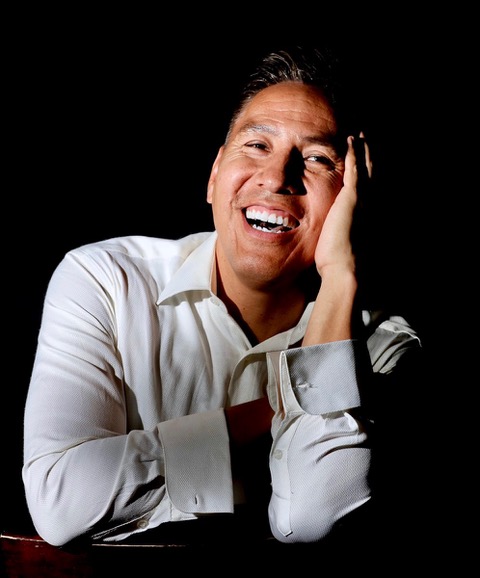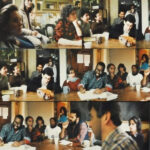Grace and Tunde discuss what it feels like to be a token. Myrton Running Wolf, a professor of race and media at the University of Nevada, shares his experiences participating in an aughts-era Native American mentorship program run by Boston’s GBH—and underscores the lasting harm of whitewashed narratives when telling Indigenous history. Episode 4 also uplifts the work of visionary filmmaker and producer, Henry Hampton. His essential 1987 series “Eyes on the Prize,” chronicling the civil rights movement, offers a relevant example of how to tell stories with authenticity, integrity and nuance, while ensuring that everyone contributing to the creative process is valued. Callie Crossley, veteran journalist at GBH, who directed two of the original “Eyes” episodes, shares her reflections on how this series might inform how PBS creates space for and invests in BIPOC-led, community-centered productions today.


Show Notes
PBS series referred to in this episode:
AMERICAN EXPERIENCE: We Shall Remain: Episode 2, “Tecumseh’s Vision” and Episode 5, “Wounded Knee”
“Wounded Knee” photo gallery featuring co-producer Julianna Brannum, who speaks to Grace Lee for this episode
Two episodes directed by Callie Crossley:
Episode 4, “No Easy Walk” (1961–1963) & Episode 6, “Bridge to Freedom” (1965)
Both episodes are available to stream on HBO Max
April 8, 2021, Current
Excerpt from Henry Hampton transcript:
“PBS is still too white, too male. We must redouble our efforts to recruit, train and then give substantive opportunities to African Americans, Latinos, Asians, Native Americans and to others as producers and writers, creative and management talent. They will bring their own stories and passions that will, after experimentation, failures and second opportunities, succeed. … [B]ut there are too few experienced minority and women professionals ready to take on the challenging producing opportunities to come. Many will leave due to lack of access to serious jobs.
Multicultural history, well conceived and executed, is a rich mother lode of story and wisdom that has been largely unavailable. More often than not, it has to do with all of us.”

